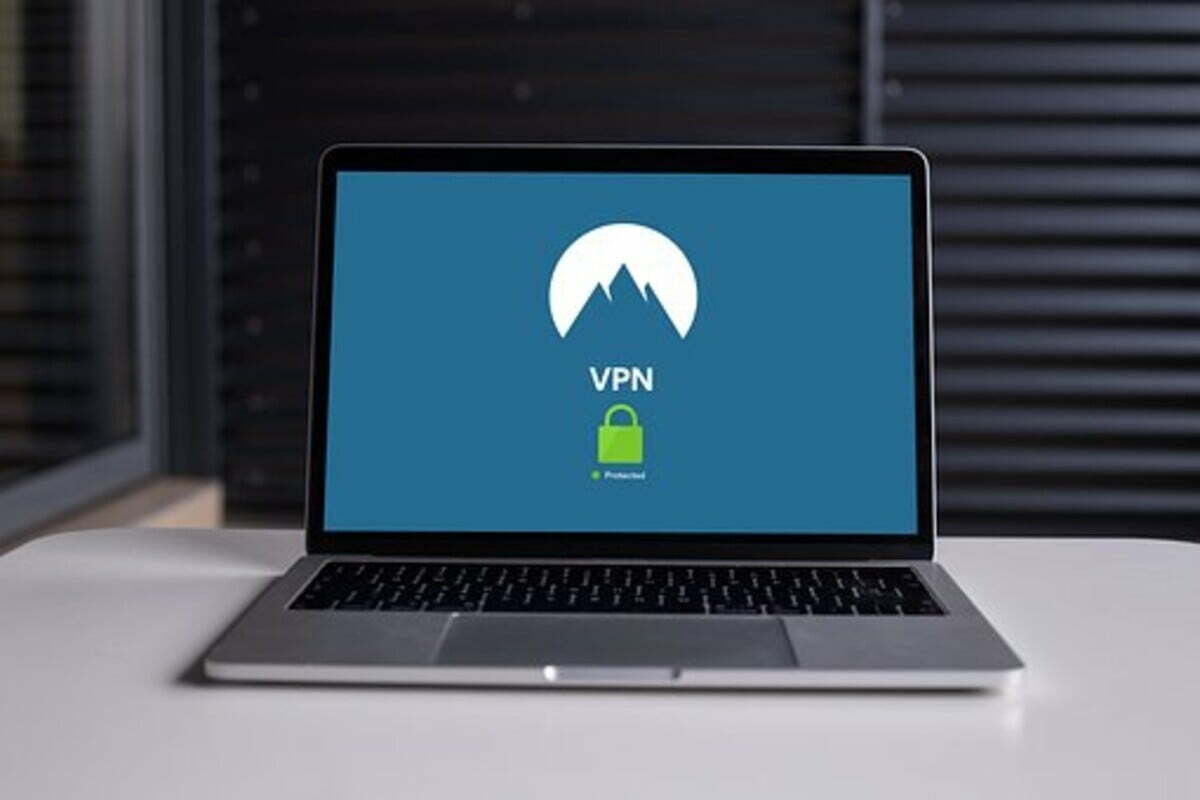Softether VPN is one of the most popular & best VPN services out there. It is very easy to set up, fast & secure and it works with many different platforms. Read on to learn more about what makes Softether VPN so special.
Speed and throughput
If you’re looking for a VPN that’s fast, reliable, and secure, consider using SoftEther. This open-source software is designed to deliver over 900Mbps of throughput and it offers a number of other features.
SoftEther VPN supports a number of different protocols, including SSTP, IKEv2/IPSec, OpenVPN, and SSL-VPN (HTTPS). The VPN server also works with a variety of network devices, such as Apple’s built-in L2TP/IPsec VPN client and Cisco’s VPN routers.
Although there are several differences between SoftEther and other VPN protocols, they all offer great security. You can use the free VPN to ensure your online data is protected. In addition to this, SoftEther VPN is compatible with most operating systems, which is something you can’t say about many other VPN protocols.
One reason for its high speeds is the Parallel Transmission Mechanism. This is an extension of the HTTPS protocol that allows multiple tunnels to be created and transmitted in parallel. It’s also useful for increasing throughput.
NAT-traversal
Softether VPN is a free, open source software solution for virtual private networks. It is designed for Windows, Linux, and Mac OS X. The project is being developed by Daiyuu Nobori, a master’s student at the University of Tsukuba.
Softether VPN supports several different VPN protocols. This includes NAT traversal, L2TP/IPsec, SSL VPN, and VPN over DNS. Using the NAT traversal function, you can build a Site-to-Site VPN between two sites.
NAT-traversal works by leading connection packets through a hole that is created automatically by the SoftEther VPN Server. In this way, the VPN Server is able to accept connections even though it is behind a firewall. Alternatively, you can connect directly to the VPN Server’s TCP listener port. If your NAT is poor, a NAT Traversal session may become unstable.
To use the NAT traversal feature of SoftEther VPN, you must first install the SoftEther VPN Client on your computer. When you do so, you will be prompted to enter the name of the VPN connection you wish to establish.
Dynamic-DNS options
SoftEther VPN is a powerful protocol that supports many common protocols. It uses the latest encryption technologies, and reaches a maximum high-speed of 1 Gbps. There are many features to choose from, such as the use of NAT-traversal and dynamic-DNS options. You can also set up your own server to share with other web servers or clients.
The first thing you need to do is set up a VPN client. These are available in the command line or on a terminal-based web browser. After installing a client, you will need to choose the destination hostname for the VPN. This name is more reliable than the IP address of the host server.
The SoftEther protocol also supports NAT-traversal and Dynamic-DNS. The latter allows for a permanent hostname to be assigned to a SoftEther VPN Server. Using this feature ensures that a user can connect to the server from behind firewalls.
One of the simplest ways to set up a VPN is through the local bridge VPN option. To set this up, you will need a local network adapter and a hub.
Compatibility with other VPN protocols
If you are looking for a VPN protocol that can give you high security and fast performance, you might want to consider SoftEther. The software is an open source project that was developed by a student in Japan. While it is not as popular as OpenVPN, it has proven to perform better.
It is also known for its superior speed and stability. In fact, a recent study showed that compared to PPTP, it was four times faster. Plus, it offered 13 times more throughput.
While SoftEther is not natively available on all operating systems, it can work on most. For instance, it supports Windows, Linux, and Mac OS X. It’s also compatible with a wide range of network types.
SoftEther’s web interface uses powerful encryption features to help keep your connection safe. This makes it easier for you to create and maintain a VPN connection. You can choose from various options, such as RC4-MD5, Triple DES, and SHA-1.

